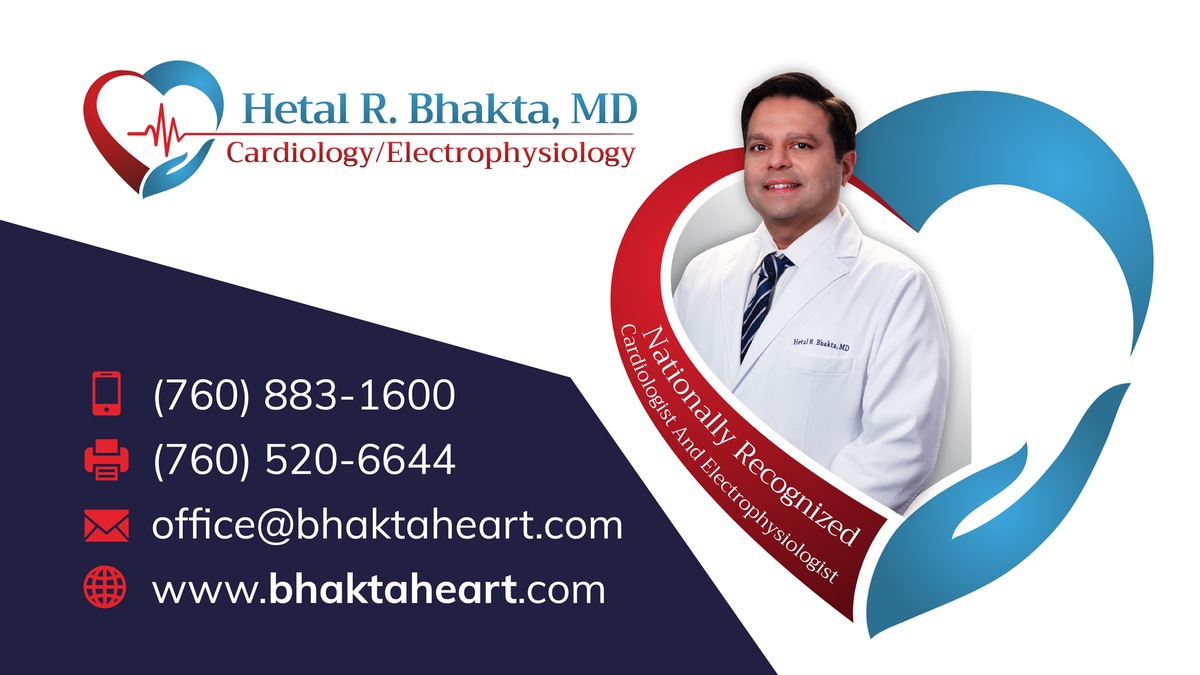Sleep apnea is a disruption in your breathing during sleep. Your breathing can either become very shallow or can stop altogether while sleeping. Each episode usually lasts 10-20 seconds. However, some people have 30 or more episodes per hour.
There are two types of sleep apnea:
Central apnea- is a rare type of sleep apnea. It occurs when the part of your brain that controls breathing cannot send the correct signals to the muscles you use to breath.
Obstructive sleep apnea- is the more common type of sleep apnea. The information here deals
with this second type of apnea. It occurs when not enough air can get through your nose or mouth and into your lungs. This can decrease the amount of oxygen in your bloodstream. Usually breathing resumes when the person makes a choking sound.
Some of the risk factors for sleep apnea are also risk factors for heart and blood vessel disease:
Researchers have also found that people with a certain type of irregular heart rhythm-atrial fibrillation– are more likely to have sleep apnea. Thus there are a number of links between heart conditions and sleep apnea.
There are other risk factors for sleep apnea as well. For instance, it is more common in men. It is also more common in people who:
Common symptoms include:
If you have the most common symptoms-snoring or choking-your sleep partner is often the first one to notice your sleep apnea symptoms.
To find out if you have sleep apnea, your doctor may begin with a physical exam of your nose and throat. Many people go on to have a sleep test.
To find out if you have sleep apnea, your doctor may begin with a physical exam of your nose and throat. Many people go on to have a sleep test.
A sleep study checks your breathing, pulse, and brain waves as you sleep. This test is often done to diagnose if a person has sleep apnea. A sleep study checks the following variables:
How is sleep related to your health? Sleep apnea is a disruption in breathing during sleep. And sleep apnea is often linked to certain heart and blood vessel conditions, such as high blood pressure and atrial fibrillation.
If your doctor orders an overnight sleep study, you usually stay overnight at a special sleep center or sleep lab. You answer a series of sleep-related questions before going to bed in a private room. You have a number of electrodes on your
body, but there typically is no pain involved in the test. While you sleep, monitors record all of the functions listed above.
In some cases people take home a small monitor that measures many of these same functions. A technician first explains how to use the home monitoring system. Then you use it while sleeping at home in your own bed. When you return the monitor, the stored data is analyzed.
No matter which type of test you have, the test results help your doctor find out the cause of your breathing problems. The test can also reveal the best way to treat your sleep apnea.
Your doctor will talk with you about the best options to treat your sleep apnea. Sleep apnea lowers your oxygen level while you sleep so it is hard on the heart and blood vessels. As a result, people with sleep apnea are at higher risk for heart attack, stroke, heart failure, and sudden cardiac death (SCD).
Currently there are no medications to treat sleep apnea.
If excess weight contributes to your sleep apnea, your doctor may talk to you about finding exercise and diet plans that work for you. It is important to address this underlying cause of sleep apnea, rather than rely solely on the other treatments listed below.
Surgery
People who have mild sleep apnea can be treated with a custom-made mouthpiece. The mouthpiece helps keep your lower jaw and tongue from blocking your airway while you sleep.
Sometimes doctors recommend a special sleeping mask that fits over the nose. The mask blows air into your throat at a steady rate. In this way the mask helps ensure that you are getting all of the oxygen you need.
Occasionally, doctors recommend surgery, such as removal of the tonsils or adenoids. And in rare cases more invasive surgery-such as rebuilding the lower jaw- might be necessary. Invasive surgeries are recommended only when
weight loss and other treatments are ineffective.

Our knowledgeable and courteous staff will help set up a consultation for you, schedule surgical procedures, discuss your insurance, and answer any questions you may have.


